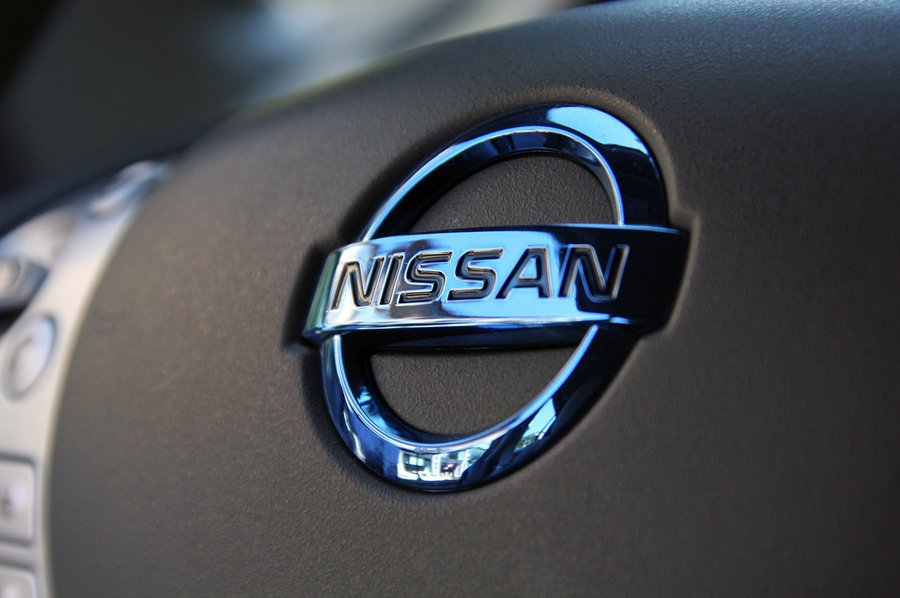He envisioned an entry into the hydrogen fuel cell market around 2020, saying that Nissan's zero-emission EV cars already on the market, like the Leaf, meant there was no hurry to come up with a solution. Now, Nissan has released information of their new fuel cell drivetrain, expected to make it into the fleet market in the mentioned time frame.
One of the major hurdles with hydrogen cars has been a lack of fueling infrastructure compared with the very extensive network of gasoline and ethanol stations. Nissan, who is also developing a more conventional fuel cell technology together with Daimler AG and Ford Motor Company, is also focusing on a completely new system called "e-bio" fuel cell.
In a traditional fuel cell system, the vehicle is fueled by pressurized hydrogen pumped into a high-pressure tank at a special service station. The e-bio system enables hydrogen to be generated from bio-ethanol inside the car using a special reformer to generate hydrogen on-board, meaning the vehicle can be filled with a relatively commonly available fuel at a conventional pump. Nissan also says the ethanol can consist of up to 55 percent water to make it cheaper to fuel up.
There are still a number of issues Nissan has to tackle before the system can be put to use: heat management needs some work, as the system works at a very high temperature and takes a good while to heat up. Temperature changes also have an effect on the system's durability.
Nissan says the new e-bio fuel cell system is not zero emission, because the hydrogen reformation releases carbon dioxide instead of only heat and water vapor, like a reformer-less fuel cell car. The manufacturer does say the system is carbon neutral since the plants that are used to produce ethanol also absorb CO2.
Related News



